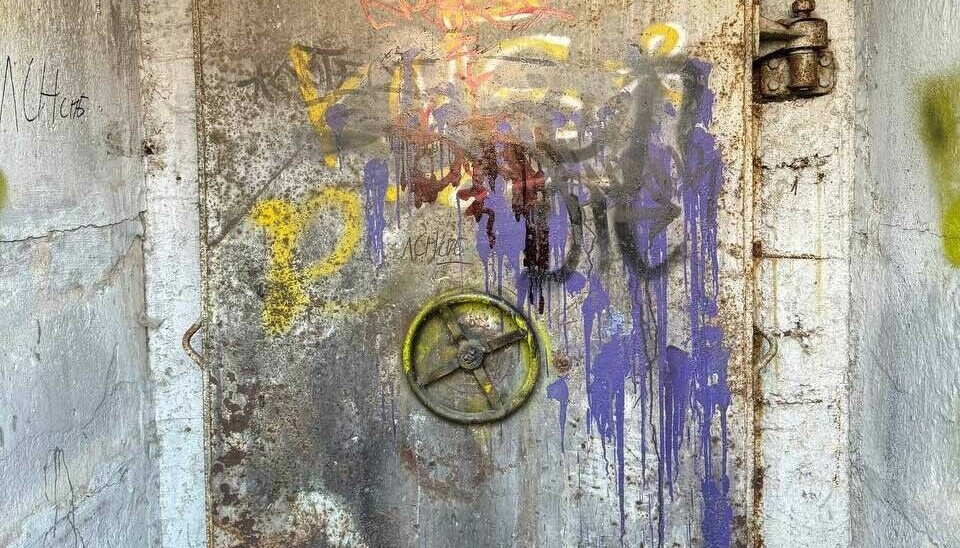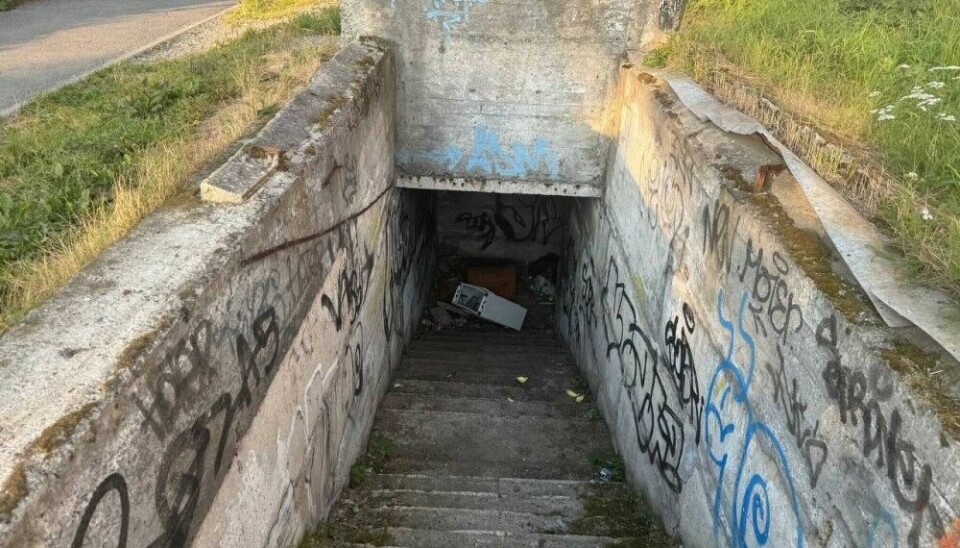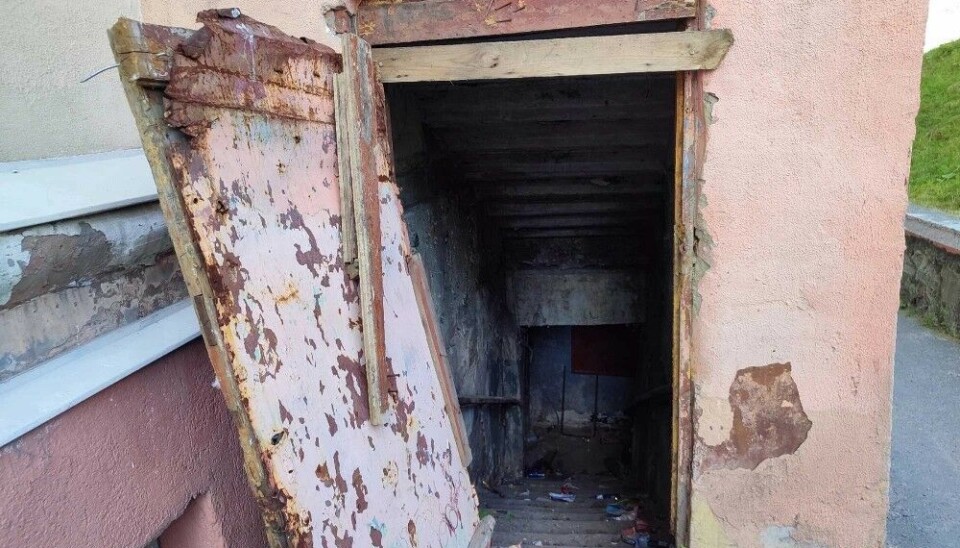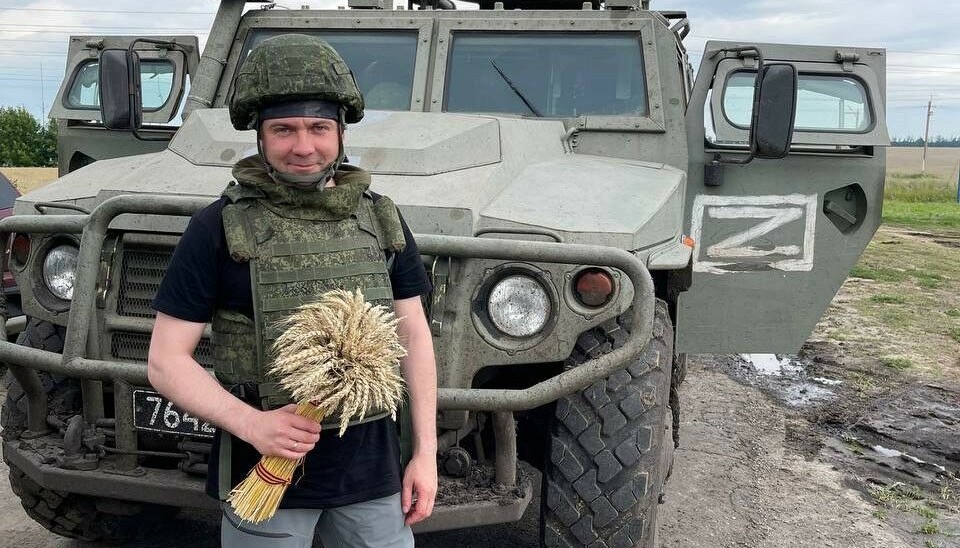
People in Murmansk are starting to ask about bomb shelters
The Ukrainian drone attacks on the Kola Peninsula spark fear among Russian northerners.
This week’s drone attack on the Olenya airbase was one of several recent Ukrainian strikes against the far northern Russian region.
Almost at the same time, a big number of drones attacked targets in the Moscow region, as well as more southern regions of Volgograd, Voronezh, Rostov, Bryansk, Belgorod and Kursk.
With massive air defence fire, Russian forces took down the UAV that had the shape of Aeroprak A-22 Foxbat ultralight aircraft. The drone exploded in the air near the small military town of Vysokii.
According to several sources, the Kola Peninsula has been subjected to Ukrainian attacks over several days this week. It is not clear if any of the drones hit their targets, or were shot down by Russian air defence. In late July, a drone made it all the way to Olenya where it reportedly damaged a long-range supersonic bomber-missile carrier TU-22M3.
Locals in the heavily militarised Kola Peninsula are now increasingly concerned about the situation.
Regional Governor Andrei Chibis on the 21st of August publicly warned against the growing threats. In a message posted on Telegram, he called on all locals in the region to be “attentive about suspicious situations.”
Chibis assured that “all security measures are being taken.” But the assurances have not calmed everyone.
The social media post of the governor is followed by a big number of comments from readers.
“Our bomb shelters are in a terrible condition,” a woman complains.
“The question is how to find out where the bomb shelters are located!!! And where to run with the kids in case of emergency?” another woman writes.

Where to run with the kids in case of emergency?”
A person from Kirovsk claims that there is not a single bomb shelter in her town. A woman from Monchegorsk complains to the governor about the same.
“Andrei Vladimirovich, in Monchegorsk there are no bomb shelters. Well, there is one, but its condition is not satisfactory. And where to run in case there will be anything? We need something concrete!!!” she writes on the VK page of the governor.

The Barents Observer can not verify the authenticity of the social media accounts. But they clearly indicate a growing concern about the situation.
Governor Chibis has since he was appointed to his post in 2019 tried to build an image of himself as a strongman with intimate relations with regional law enforcement authorities. He is a staunch supporter of the war against Ukraine and has frequently appeared in public with a Fascism-inspired “Z” on his chest.

The Kola Peninsula is among Russia’s most militarised regions. It houses a big number of military bases, most of them managed by the Northern Fleet. Several of them have nuclear weapons.
The Olenya air base is a key target for the Ukrainians because it houses many of the strategic bombers that regularly conduct terror bombing raids against towns and civilian infrastructure. Near the air base is located one of Russia’s main central storage for nuclear warheads located, the Bolshoye Ramozero (also known under the military code name Olenegorsk-2).
Governor Chibis, who is up for regional elections this fall, has a strong interest in keeping things calm. Over the past half year he has held several meeting with regional law enforcement authorities on anti-terrorism measures.
Following the latest meeting on the 14th of August, Chibis announced that a heightened security regime will be introduced in connection with school start on 1st of September, as well as election day later in the month.
“I call on you all to be as attentive as you can and call on number 112 in case there is suspicious activity of people or suspicious items are detected,” he underlined.















